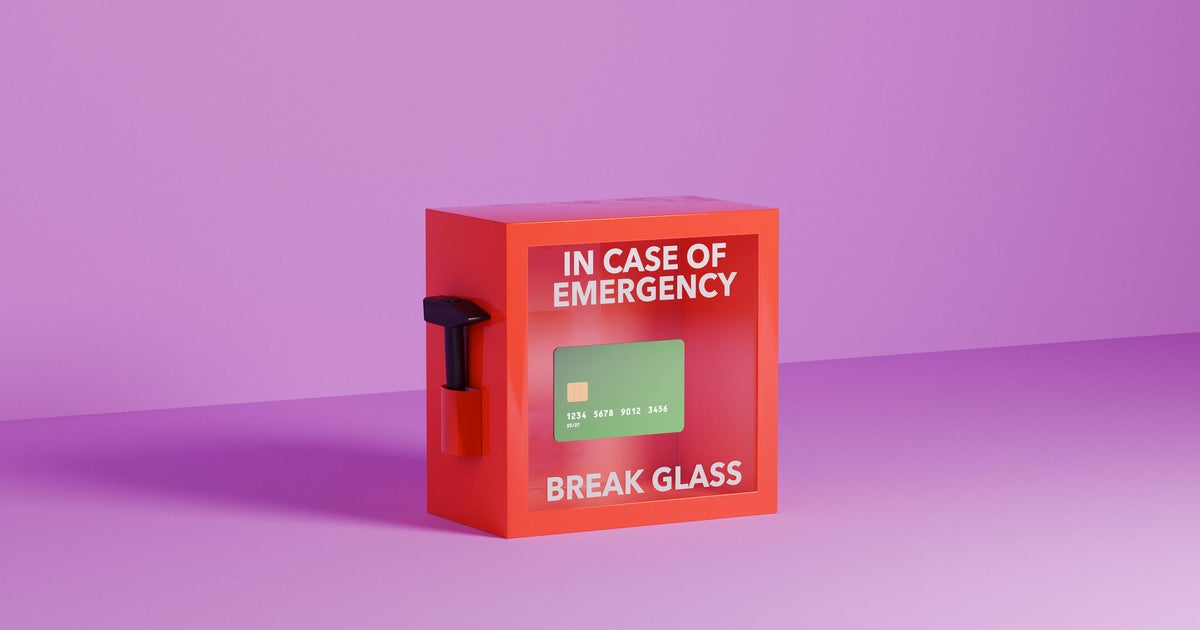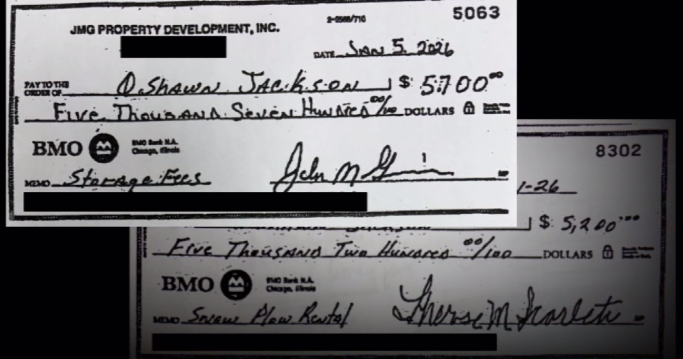Stimulus check: Do you have to pay tax on the money?
The majority of people who qualify for a stimulus check have already received their direct deposits, paper checks or prepaid debit cards. But the payments — $1,200 for most single earners and $2,400 for most married couples — have raised plenty of questions about how they'll impact taxes.
Chief among those is whether the payments, which are designed to help families weather the economic hit from the coronavirus pandemic, are subject to income taxes. In other words, should people set aside a chunk of the payment to pay the IRS when they file their 2020 tax returns?
"Something a lot of people don't realize is that stimulus payments are not taxable," Christina Taylor, head of tax operations at Credit Karma Tax, told CBS MoneyWatch. "They're actually an advance on a new credit on your 2020 federal income taxes."
It's understandable that there's confusion among consumers. The IRS and Treasury's official term for the payments — economic impact payments — doesn't hint at the fact the payments are actually a type of tax credit, for example. Because the checks are advances on a tax credit for 2020, taxpayers will get another chance to reconcile their income and dependents information when they file their 2020 tax returns in early 2021.
"If you didn't qualify for the stimulus payment based on the prior year's income, but you do qualify for it based on your 2020 income, you can claim the stimulus payment as a credit on your 2020 tax return," Taylor noted.
Meanwhile, many consumers are focused on whether a second stimulus check is in the works, with the unemployment rate remaining in the double digits and the extra $600 in weekly unemployment benefits set to expire at the end of July.
What if my income falls in 2020?
The stimulus checks that were authorized by the CARES Act in March have income thresholds. Single taxpayers who earn less than $75,000 qualify for the full $1,200 payment, while married couples who earn below $150,000 received $2,400. The payments are reduced for earnings above those thresholds, cutting off entirely for single taxpayers who earn more than $99,000 and for married couples with income above $198,000.
When the IRS sent out checks starting in April, it based the payments on either your 2019 or 2018 tax returns, which reflect earnings before the coronavirus pandemic brought the economy to a standstill in March. That means if you are a higher earner whose income dropped in 2020 to below the income thresholds for the stimulus payments, you'll get the extra benefit when you file your taxes next year.
That's because the IRS will reconcile the tax credit against your 2020 income, with tax experts saying it can only help you, not hurt you.
Families also receive $500 for each child under 17, which means families with children born or adopted in 2020 will get a tax credit of $500 when they file their taxes next year, according to the IRS.
Will I have to pay back stimulus money?
Say your daughter was 16 when you filed your 2019 taxes, qualifying her for a $500 payment since she was under 17 at the time. What happens when you file your 2020 taxes and your daughter is 17, over the age that qualified her for that stimulus money — will you have to pay back the $500 to the IRS?
No, says the tax agency.
The same applies if your 2020 earnings places you above the threshold for a stimulus payment, while your 2019 or 2018 income was below the cutoff, the tax agency said.
"There is no provision in the law requiring repayment of a payment," according to the IRS website. "You won't be required to repay any payment when filing your 2020 tax return even if your qualifying child turns 17 in 2020 or your adjusted gross income increases in 2020 above the thresholds listed above."
What about my tax refund?
Another question is whether stimulus payments will impact your tax refund next year.
The answer is maybe — but only if it works out in your favor, according to Credit Karma Tax's Taylor.
"For example, if your 2020 income was less than the income used to calculate your stimulus payment, you may receive a larger stimulus payment in the form of a credit when you file your 2020 taxes next year, which could increase your refund," she noted.



